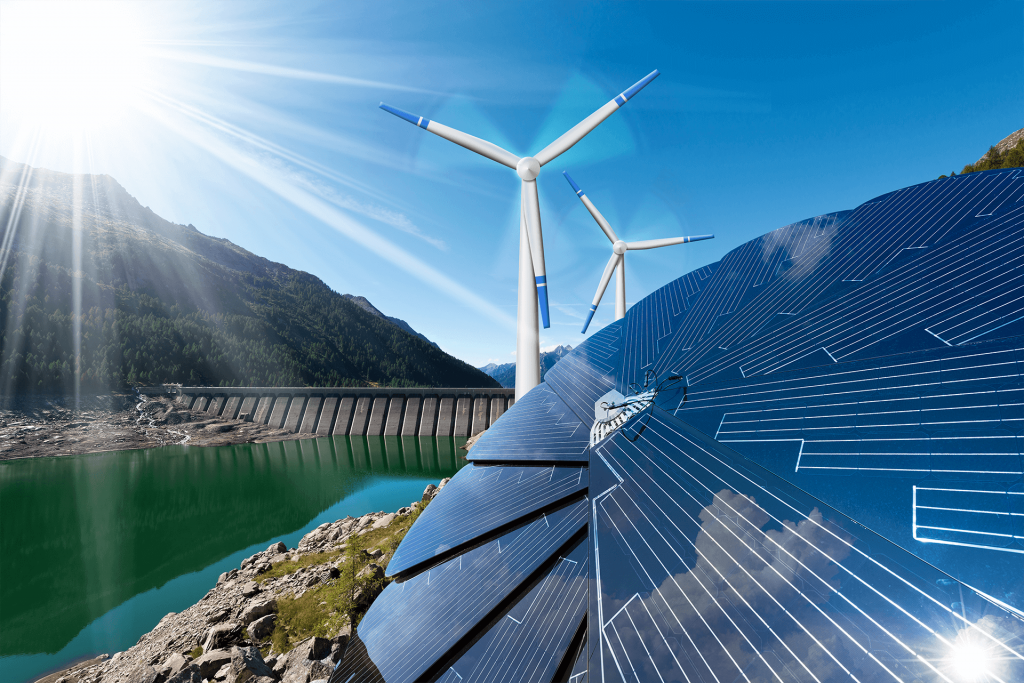
“Sustainability is the cornerstone of our business, for our planet, our customers, our communities and our people. As we keep marching ahead, it feels good to be recognized and awarded. Proudly sharing our joy in being awarded the Gold standard by EcoVadis for our sustainable business practices”
– Arvind Goenka (Managing Director) OCCL Limited
OCCL and Environment Responsibility

WASTE RECYCLING
At OCCL, we focus on maximising the recycling of products, reducing our extraction of precious resources from nature (directly or indirectly). Over the years, the proportion and quantum of waste recycling have increased, strengthening our responsibility.
- Reuse of recycled water
- Use of Rain water harvesting pit, that allows rain water to replenish ground water by recharging the under ground aquifers
- Reuse of plastic pallets
WATER CONSERVATION
At OCCL, we have moderated the consumption of water per unit of our end product through recycling and the use of superior technologies. These initiatives have strengthened our business sustainability.
- Condensate recovery
- Recycling of cooling & process water
- Softener back wash and final wash reduction
- Equipment cooling water recycling
- Recycle of softener back wash


STEPS TAKEN TOWARDS ENERGY AND CLIMATE CHANGE
At OCCL, we have reduced the consumption of energy derived from fossil fuels and increased the consumption of renewable energy. This has helped minimise our carbon footprint.
- Replacement of a high capacity pumps with a low capacity pumps.
- Use of solar power.
- Use of natural gas in place of furnace oil.
- Use of high efficiency heat exchangers.
STEPS TAKEN TOWARDS REDUCING THE CARBON FOOTPRINT
At OCCL, we have made sustained investments in plants, processes and practices with the objective to moderate our carbon footprint and reinforce our positioning as a responsible corporate citizen.
- Replacement of high capacity pumps to low capacity pumps.
- Solar power
- Use of natural gas in place of furnace oil


STEPS TAKEN TOWARDS SUSTAINABILITY
OCCL is committed to deepening its business sustainability through a comprehensive review of its operating practices and priorities. These initiatives have helped enhance corporate respect and credibility across stakeholders.
- Carbon Footprint Report
- Deployment of Sustainability Policy across the supply chain
- EMS certification
- OHSAS certification
- Gold rating in sustainability assessment by IGMC and EcoVadis
- 97% score awarded by DQS in TFS assessment
- Supplier Recognition 2022-23
- Sustainability & QMS Award for FY 2023-24
- Sustainable Procurement Policy & Code of Conduct
- Sustainable Procurement KPI
- Human resources KPI
- Vigil Mechanism Policy & Grievance Mechanism
- QHSE & RC Policy
- Sustainable Development Goals
- Business Code of Conduct
- Antibribery Policy
- Human Right Policy
- Social Media Policy
- Living Wage Policy
The Sustainable Development Goals are the framework to achieve a better and more sustainable future for all. SDG address the global challenges including climate change, environmental degradation, Resource depletion etc.
Business code of conduct is a set of principles sets by organization’s to follow for fair business practices, ethics, honesty, integrity, and professionalism during all type of business activities.
Anti-Bribery is a zero tolerance approach to bribery and corruption. It guides us to act professionally, fairly and with utmost integrity.
The purpose of this policy is to outline the general guidelines for our employees while using social media, since the post/online behaviour of employees could positively or negatively impact company’s reputation.
View Social Media Policy
